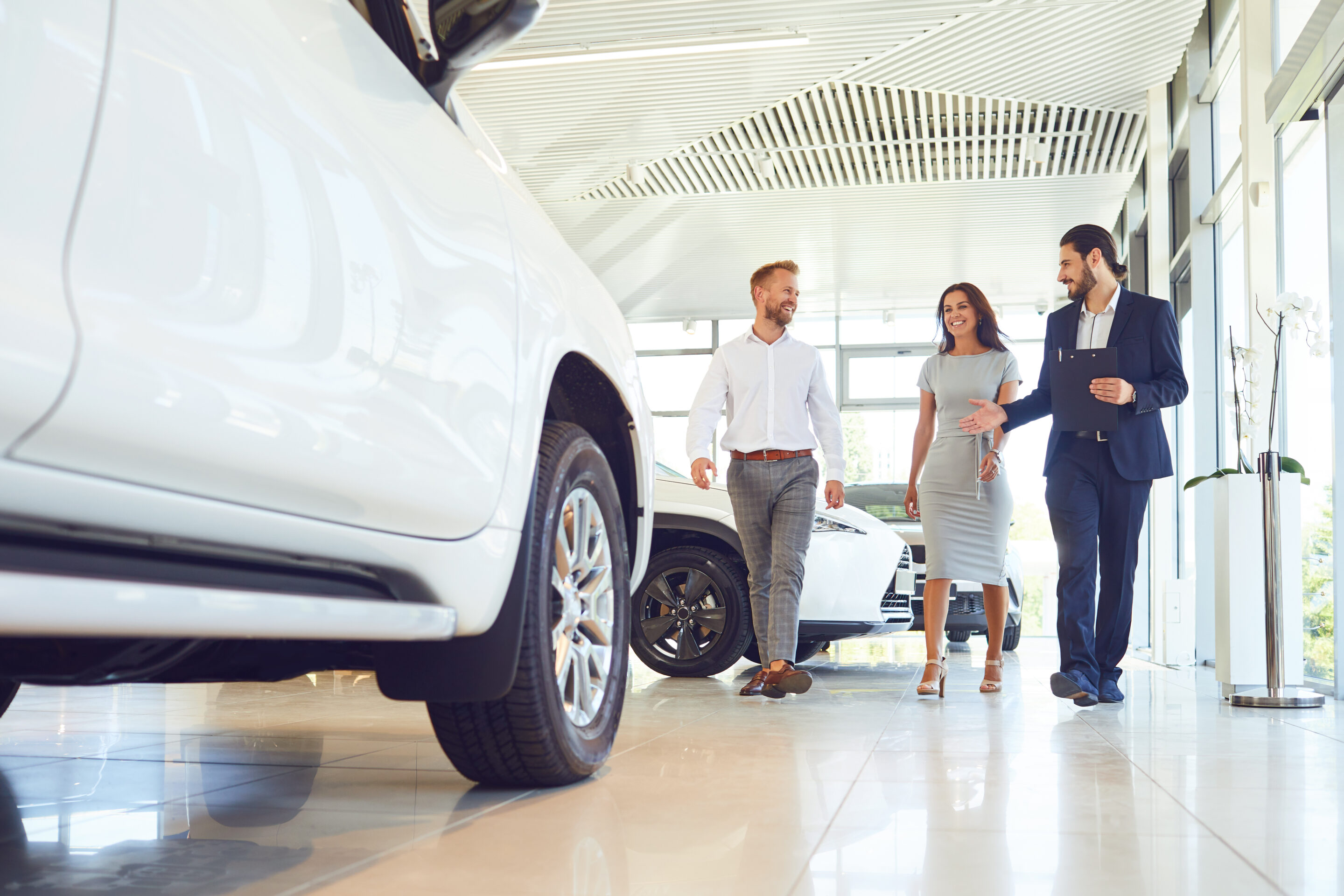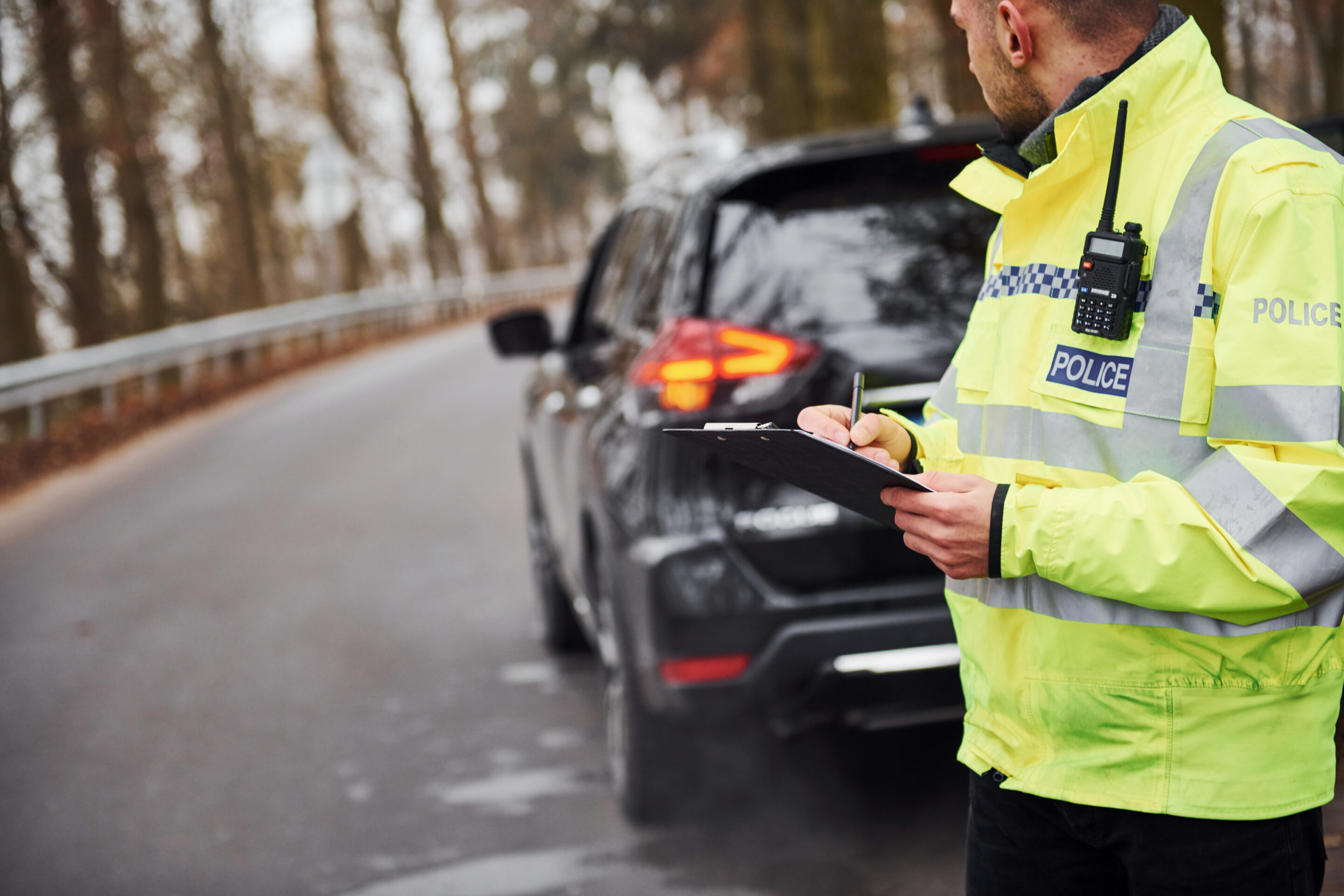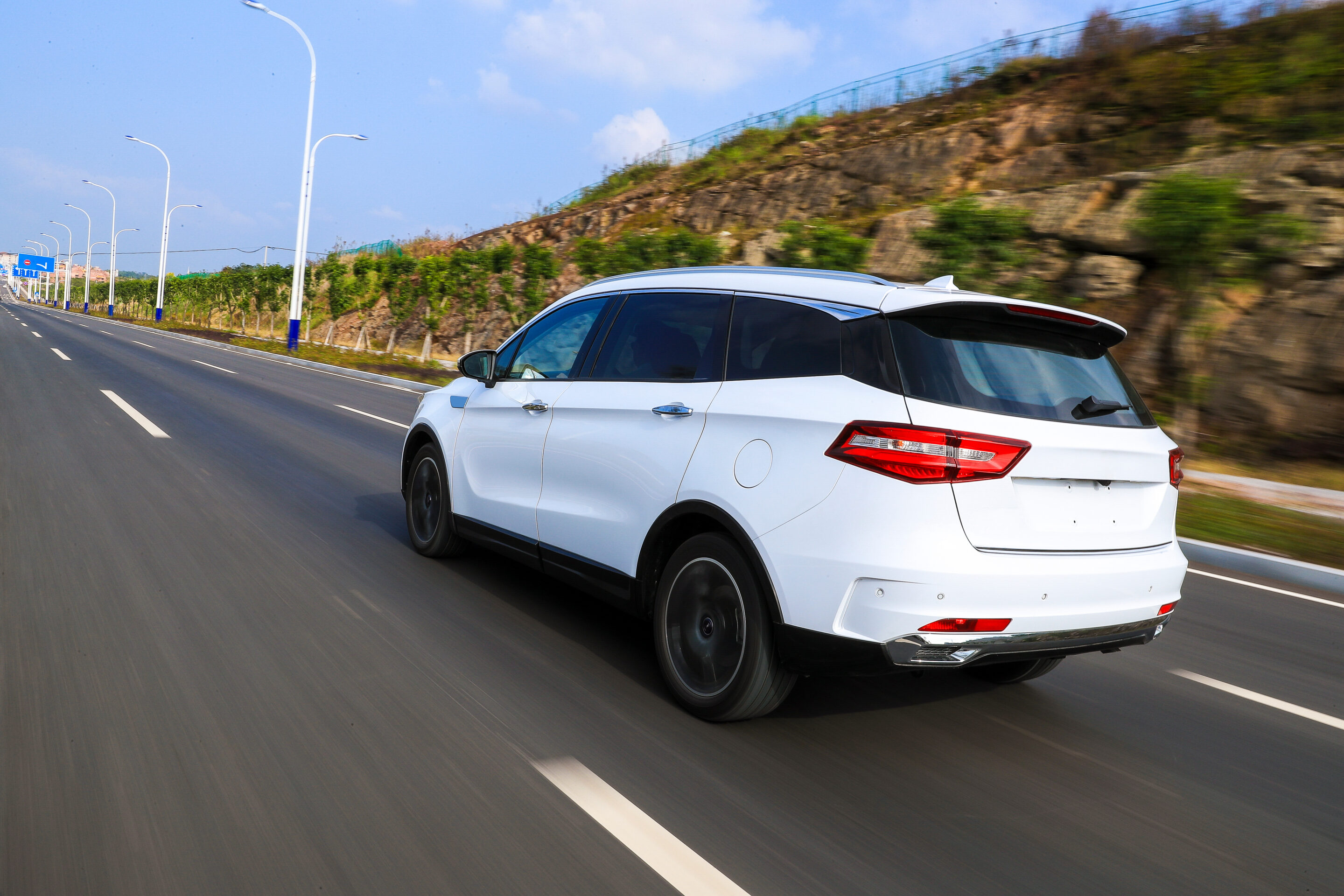For too long, auto dealers have been living with vehicle wash systems that have been a drain on the bottom line, but there is new car-wash technology and ways to turn that cost creator into a profit producer
Necessary evil: n., something that you do not like, but which you know must exist or happen
For the auto dealer, the embodiment of a “necessary evil” is the business’ car wash. Or, if that term is too strong, let’s call it a necessary “nuisance.” Usually tucked into the back corner of the dealership’s property, the car wash is generally used to clean vehicles that are in for service or body work, or to periodically give a nice shine to the on-lot vehicle fleet.
Historically, auto dealers have selected a car-wash technology that features a small bay into which the vehicles are driven and that is outfitted with a friction machine that utilizes cloth strips (known as brushes) to wash the vehicle. Many, however, are relying on wash-system technology that can be upwards of 50 years old and there is no need to deal with messy, unsafe hydraulic systems from the 1970s.
Some, who are tired of incurring the maintenance costs associated with keeping the wash up and running, have simply gutted their wash bays and now rely on hand washing and drying vehicles, which does not result in a wash that can meet the high quality that is produced by an automated vehicle wash system.
In this case, while the costs of servicing the wash have been eliminated they have been replaced by oftentimes higher labor costs as staff, or contracted services, must be used to clean the vehicles. While being more costly and time-consuming, the paradox is that nine times out of 10 a vehicle that is hand washed just gets a quick wipedown so it can be presentable to the customer, resulting in a sub-standard wash – and possibly an unhappy customer.
Producing Profits
What many auto dealers don’t realize is that they can turn their disappointing car wash from a cost center into a profit center through one simple act: Make it open to the public.
This can be done to varying degrees. The most all-inclusive is advertising that the wash is available for public use, which will draw drivers to the auto dealership, which simultaneously promotes the dealership and puts them in close proximity to the vehicle fleet, potentially creating new vehicle-buying customers. Another approach is to give the vehicle buyers a gift card that entitles them to 12 free washes over the ensuing year. This will bring them back to the dealership at least 12 different times, which, if the wash is performing as it should, will improve customer retention and overall satisfaction.
One auto dealer who has found success with the latter approach is Steve Sherman, Owner of Dean Honda in Pittsburgh, PA. Sherman’s dealership serves the South Hills area of the city, as well as the rest of Allegheny County.
“We try to offer things that other dealerships don’t offer, and unique little things like, for instance, car washes,” Sherman explained. “We are actually one of the few people in Pittsburgh to actually offer what we offer our customers, something that will bring people on my lot more often, something more than oil changes, which can happen once every three months to a year. I wanted people to come back if they could every month and basically what we do is give out 12 free car washes when people buy a car so that helps our retention and our retention numbers have been going up over the last couple years, so we think it’s working.”
In addition to higher retention numbers, giving customers 12 free car washes can also have positive benefits for the all-important American Customer Satisfaction Index (ACSI), which is an economic indicator that measures the satisfaction level of consumers. Auto dealers are notoriously tuned in to their ASCI scores and will investigate and implement a variety of different ways to improve that ASCI score.
Friction Or Touch-Free?
So, you’ve decided to turn that evil car wash into an engine for profit production. The next step is procuring the best vehicle wash system for your operation. As mentioned, over the years auto dealers have been partial to friction washes that feature “brushes” that actually contact the vehicle during the cleaning process. But you sell the latest vehicles with the coolest cutting-edge technologies to customers, so why would you wash those vehicles with technology that is five decades old?
Fortunately for those who wish to use a friction wash, there have been a series of recent technological advances that make them more reliable and safer, namely:
- Improved brush control that is the result of the utilization of electronic variable frequency drives (VFD) that control the movement and impact of the brushes on the vehicle, which reduces the chance of the vehicle incurring damage during the wash process. VFDs also have the added benefit of being a reliable replacement for old hydraulically powered systems that can be prone to leaks and breakdowns that lead to higher maintenance costs, downtime and possible environmental damage.
- A significant improvement that is found in the construction of the brushes themselves. Legacy systems use cloths that sweep over the vehicle. Unfortunately, they are sponges for the dirt and grime that actually comes off the vehicle, meaning that dirt and grime can be transferred to the next vehicle in line. Next-generation brushes are constructed of a closed-cell foam material, usually neoprene, that is softer, quieter and more efficient during the wash cycle with the added benefit of not allowing dirt and grime to cling to it, making for a cleaner wash.
- The elimination of the floor-mounted treadles that must be driven onto that are standard equipment on traditional friction-wash systems. The next generation of friction washes feature what is called an “open bay” design that does not require the driver to position the vehicle on a treadle. Instead, the vehicle can be positioned under the wash arms and a computer will read the vehicle’s position and instruct the arms to move around it without the worry that the vehicle will be damaged. The open-bay design concept also easily accommodates larger SUVs and dually trucks with their four-wheel rear axles.
The other type of wash that can be chosen is the touch-free style in which a series of high-pressure nozzles travel around the vehicle and apply wash chemicals, polishes and rinse water in order to get the vehicle clean. Today’s touch-free wash system designs deliver easy operation and lower maintenance and equipment costs for the operator. The technology of the touch-free in-bay automatic wash has also advanced to the point that sensors located in the wash components can read how the vehicle has been positioned in the wash and adjust the route that equipment will take around the vehicle. This capability allows the wash to be constructed with the treadle-free open-bay design.
Touch-free washes can also be powered through new electronic VFDs, which, in addition to eliminating the need for less-reliable hydraulics, optimize the use of electricity since only the proper amount of power is required to operate the machinery. Additionally, touch-free wash systems have been designed to minimize water consumption and can require as little as 21 gallons per wash.
Both friction and touch-free systems can benefit from the advances that have been made in wash-control technology. New-age systems utilize a Web browser that can be accessed via computer, tablet or smartphone without the need for any special computer software. This gives the operator real-time access to all key operating functions of the wash equipment. It also allows the remote configuration of wash packages, machine functions, sales monitoring and wash activity with the touch of a button.
Once the auto dealer decides to make his wash available to the public, the final step is selecting an entry station that interfaces with a loyalty system. There are now Web-based loyalty systems that provide the data-management and technological resources that are needed to operate a successful and easily manageable loyalty program.
The PDQ Difference
Since 1967, PDQ Manufacturing, Inc., De Pere, WI, has been an industry leader and innovator in the design and development of friction and touch-free in-bay automatic vehicle-wash systems, from the actual wash equipment to electronic loyalty programs. Recognizing the needs of the auto dealer who wishes to transform his car wash from a cost center into a profit center, PDQ offers the following systems:
- ProTouch® Soft Touch In-Bay Automatic Vehicle Wash System: The ProTouch system utilizes closed-cell foam strips that gently polish the vehicle as it washes, while resisting dirt, unlike cloth brushes. Additional advantages include the use of torque control that provides a consistent soft clean without the use of clunky air cylinders or messy, environmentally unfriendly hydraulics. The bottom-line-friendly operation of the ProTouch can also save 21% on water, 65% on electrical consumption and 36% on chemical consumption, while being 10% faster than competitive models.
- LaserWash® AutoXpress® In-Bay Automatic Vehicle Wash System: PDQ’s standard-setting LaserWash has been cleaning vehicles worldwide since 1989 and in 2012, the AutoXpress model was introduced for use in auto dealerships. While using minimal water and up to 1,2000 psi of water pressure, the AutoXpress provides the cleaning power necessary to remove the toughest dirt and grime without the need for brushes. It also has substantially faster wash speeds than competitive technologies resulting in less waiting time for customers to get their vehicles back from servicing.
- Wash Access Loyalty System (WALS): A key tool in building customer loyalty to the car wash, which, in turn, will create loyalty to the dealership. WALS allows auto dealers to offer complimentary washes, daily specials and emails. It can also be used as an internal tracking tool that monitors that cost and usage of the wash in real-time.
Conclusion
The best kind of necessary evil is one that can be turned into a positive. Auto dealers who have lived with the high upkeep, maintenance and labor costs associated with their ill-performing car wash now have access to the tools that can turn that cost creator into a profit producer. By incorporating a wash and loyalty system that features the newest technology, that old, neglected car wash can now become a source of pride that will keep present customers coming back and create opportunities to secure new ones in the future.
“On busy days, when I’m out there cleaning up, especially on Saturdays and Sundays, people roll down their windows and tell me how much they appreciate the car wash,” marveled Sherman. “In fact, some people have said this is the best part of your dealership!”
About the Author:
David Dougherty is the Senior Product Manager for In-Bay Automatics at PDQ Manufacturing, Inc., De Pere, WI. PDQ Manufacturing is recognized as the technological leader in vehicle wash systems, providing superior quality, outstanding support, and products that contribute to its customers’ profitability. For more information, visit www.pdqinc.com or call (800) 227-3373. David can be reached at [email protected].








